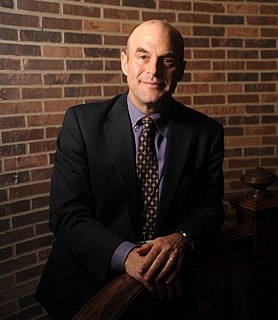A Quote by Ralph Waldo Emerson
The poem is a confession of faith.
Quote Topics
Related Quotes
Introduction To Poetry I ask them to take a poem and hold it up to the light like a color slide or press an ear against its hive. I say drop a mouse into a poem and watch him probe his way out, or walk inside the poem's room and feel the walls for a light switch. I want them to waterski across the surface of a poem waving at the author's name on the shore. But all they want to do is tie the poem to a chair with rope and torture a confession out of it. They begin beating it with a hose to find out what it really means.
The subject of the poem usually dictates the rhythm or the rhyme and its form. Sometimes, when you finish the poem and you think the poem is finished, the poem says, "You're not finished with me yet," and you have to go back and revise, and you may have another poem altogether. It has its own life to live.
I wanted to pack a lot into the lyric, but not go beyond its bounds. Some have written that I wanted to expand what the lyric could do. I just want the hugeness of experience-which includes philosophical discursiveness-to move at a rate of speed that kept it (because all within one unity of experience) emotional. Also, often, questions became the way the poems propelled themselves forward It brings the reader in as a listener to a confession[.] A poem is a private story, after all, no matter how apparently public. The reader is always overhearing a confession.
I keep feeling that there isn't one poem being written by any one of us - or a book or anything like that. The whole life of us writers, the whole product I guess I mean, is the one long poem - a community effort if you will. It's all the same poem. It doesn't belong to any one writer - it's God's poem perhaps. Or God's people's poem.







































